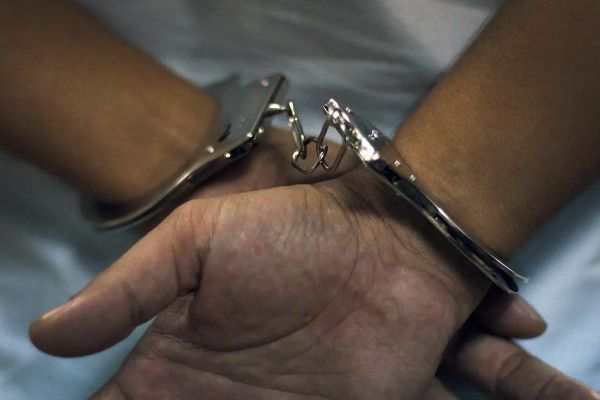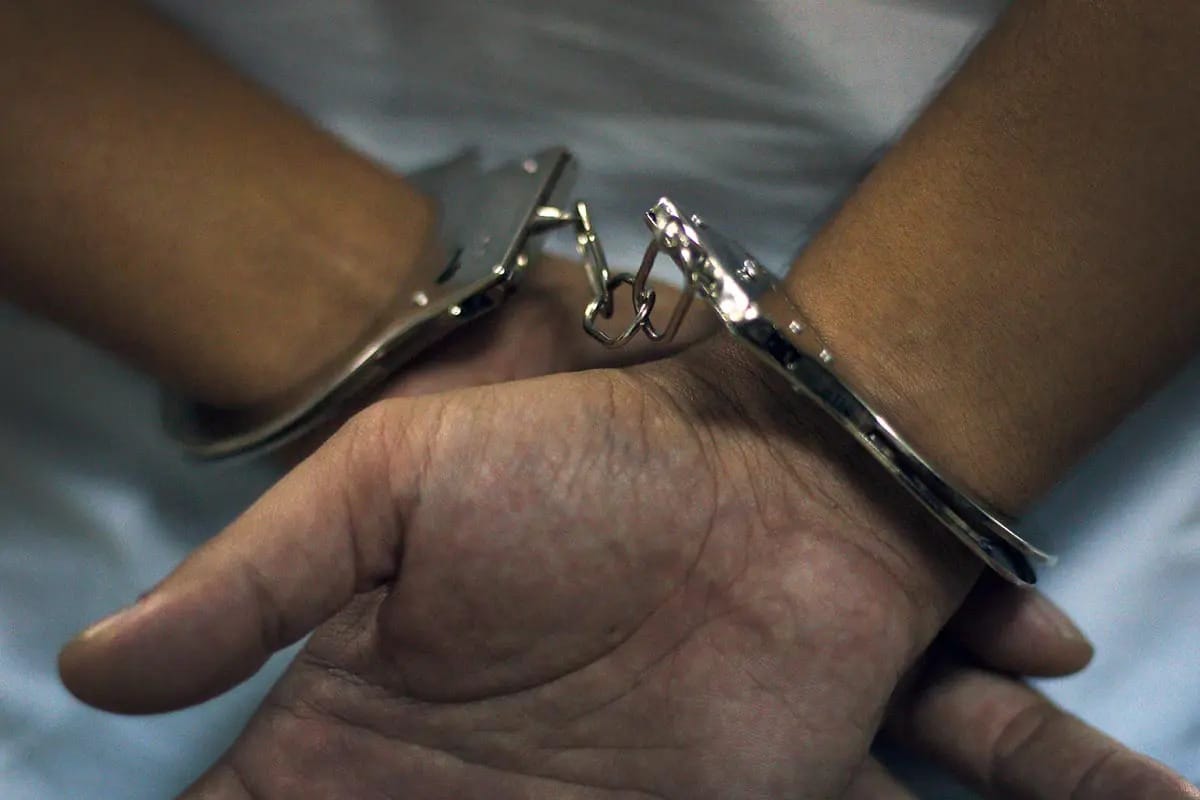KUALA LUMPUR, Aug 20 — The Child Act 2001 not only protects victims, but covers all children, whether they are victims, witnesses or the accused.
The Prime Minister’s Department Legal Affairs Division (BHEUU) said proceedings in the Children’s Court are also conducted behind closed doors to protect the rights and dignity of children under the age of 18, as well as to safeguard confidentiality.
It also serves to ensure the welfare of the children, as provided under the Child Act 2001, and their identities must not be disclosed to the public.
“Does the Child Act only protect victims? No. This Act protects all children, whether victims, witnesses, or the accused,” said the BHEUU in response to several frequently asked questions related to the Penal Code and the Child Act 2001.
In addition, when a court sits as a Children’s Court, it is presided over by a magistrate who is assisted and advised by two panel advisers, one of whom must be a woman.
According to the BHEUU, the Child Act 2001 standardises laws concerning people under the age of 18 in Malaysia, with the primary aim of providing rehabilitation and care for children in conflict with the law, safeguarding confidentiality and dignity, and prohibiting the media from disclosing their identities, in line with the United Nations Child Rights Convention.
Explaining the difference between the Child Act 2001 and the Penal Code, the BHEUU said the Penal Code is a law that prescribes criminal offences and punishments, which are punitive in nature.
“The Child Act 2001 is a procedural law which, among others, provides a framework for handling cases where a child offender is charged with a criminal offence,” said the division, adding that the act does not impose criminal punishments. However, such punishments are set under the Penal Code or other punitive laws.
“The Child Act also does not prevent bullies from being punished, as any juvenile offenders may still be charged under the Penal Code,” the BHEUU said.
In response to the question of what basic laws apply to children who commit crimes, the BHEUU said every individual is responsible for their criminal acts, including those aged under 18.
“The Penal Code and other punitive laws in Malaysia do not exempt any individual from criminal liability. Criminal cases and liability remain the same, even when they involve a child offender,” said the BHEUU.
The BHEUU also said that spreading false information, which is a criminal offence, could disrupt public order, harm someone’s reputation or safety, or threaten national security.
“This offence can be dealt with under the Penal Code, especially Section 124I, which states that anyone who, through speech, writing, print media or any other means, including electronic, spreads false reports or makes false statements likely to cause public alarm, may be punished with imprisonment of up to five years,” said the BHEUU.




